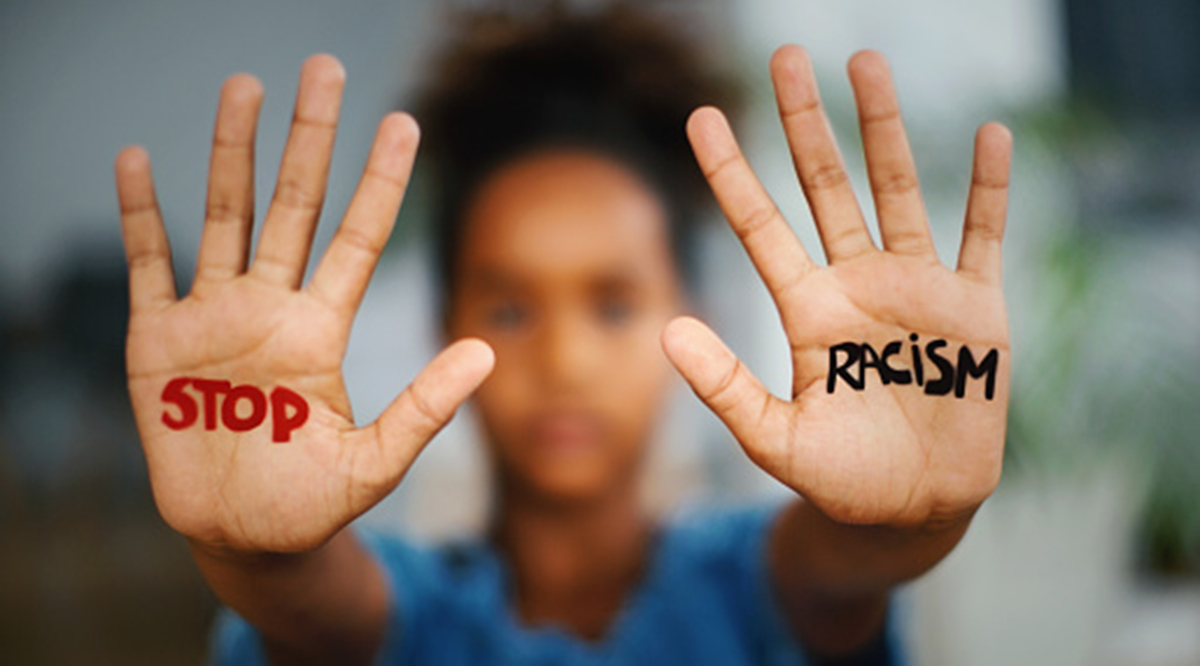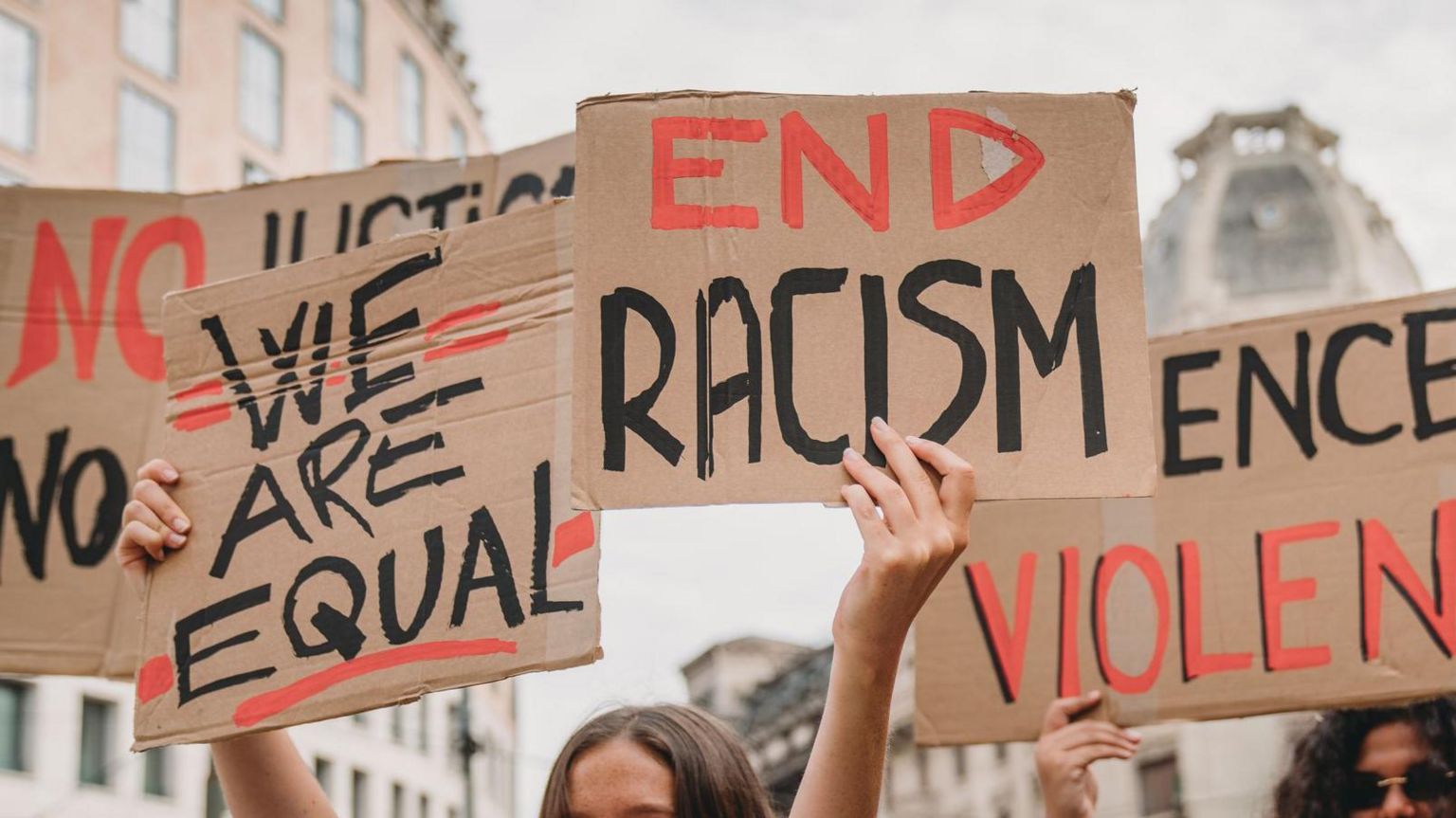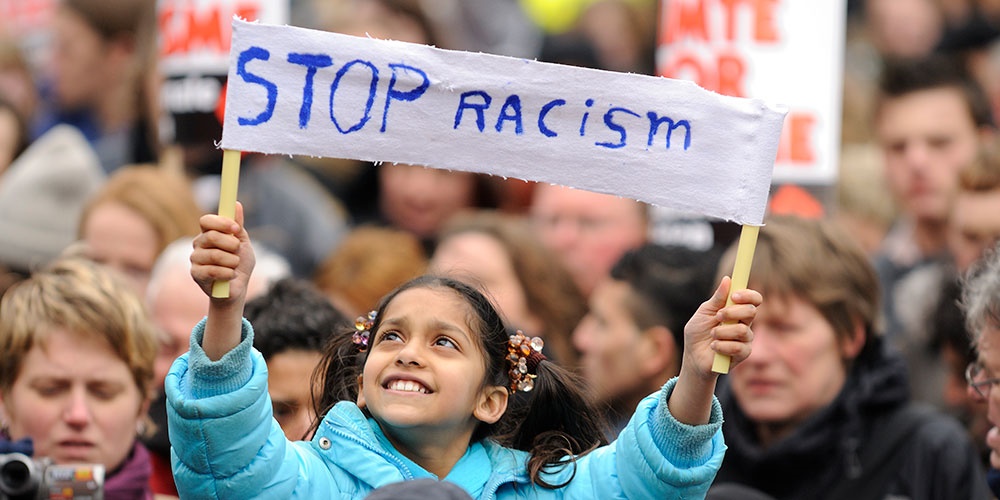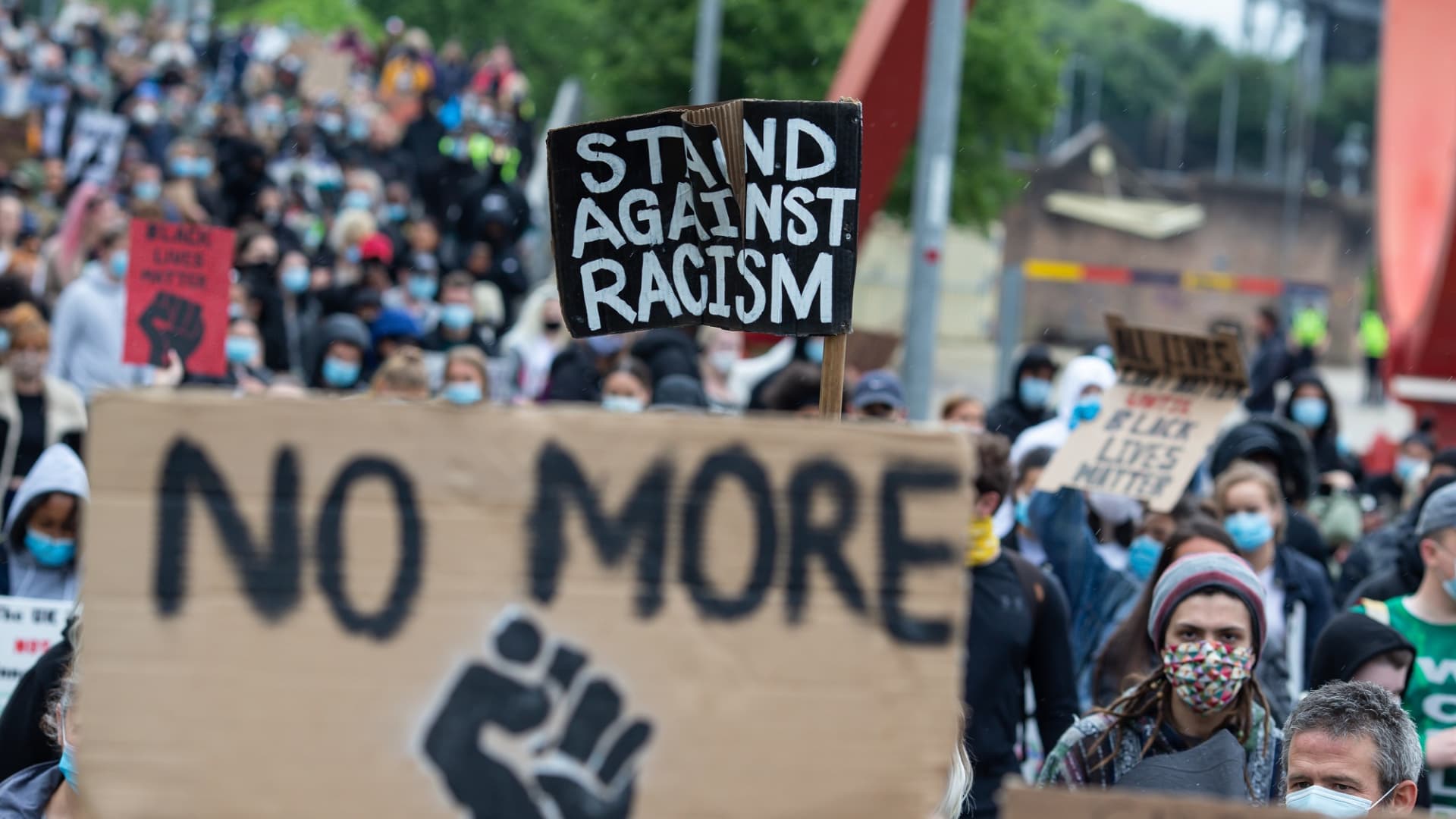Africa
Racism: Why Africans should not be easily triggered by the Truth

The word ‘Racism’ is so easily used these days that it has become an attack on freedom of speech.
Racism is a serious issue on both socio-political and psychological levels. It affects individuals’ self-esteem, fosters inferiority complexes, and perpetuates inequality.
However, the term ‘racism’ is sometimes used too loosely, targeting individuals or narratives whose intentions may not be racially prejudiced but rather an exercise of free speech and expression. Political correctness further complicates this, as it becomes difficult for people to speak openly without offending or triggering someone.
Read More:
Racism: It gets worse for Vinicius Jr in the La Liga
English FA clears Liverpool Player off Racism Charge
There is a distinction between truth and prejudice. Recently, former Germany international Toni Kroos, who retired after Euro 2024, made comments about Germany’s current situation, including issues of crime, overpopulation, and excessive immigration. Normally, such comments reflect a concern for the country’s rising problems. However, online narratives painted Kroos as racist and anti-immigration, even labeling him as a closeted Nazi.

/cdn.vox-cdn.com/uploads/chorus_asset/file/23192019/1237952516.jpg)
Was Kroos wrong to highlight these issues as a concerned citizen? Should he have remained silent to avoid controversy? Distinguishing between truth and prejudice is crucial. Kroos may have been prejudicial, but he spoke about real issues.
Africans are often quick to react when a white person points out problems concerning Africa or Africans. A notable example is when former U.S. President Donald Trump allegedly referred to African countries as “shithole countries.”
While such language is politically incorrect, Trump’s comments highlight a reality that many African countries face: widespread corruption, nepotism, and persistent poverty, which leads to frequent appeals for aid from the West. Criticism from a white person does not necessarily constitute racism.
Furthermore, recent reports about Argentine players allegedly singing racist chants about certain French players of African descent raise an important question: Why are Africans migrating in large numbers to Europe? What draws them to Europe that isn’t available in Africa?

The answer is opportunities—opportunities that Europeans have created for themselves and their people. Africans have not been able to create similar opportunities on the continent despite its rich natural resources.
When a Westerner expresses concerns about migration issues or feels threatened about losing privileges, the racism card is often played.
While this article does not excuse racism or discrimination, it calls for a more nuanced understanding of what constitutes racism. Africans should focus their outrage on the real issues—poor governance and the consistent underdevelopment of the Dark Continent—rather than being easily triggered by criticisms from Westerners.


Their real enemies are their government who trade Africa’s natural resources, manipulate their workforce and population for their own pockets only. The white man only sees the truth.













![UAE visa: How to easily obtain Dubai express visa from Nigeria [step-by-step guide]](https://topnaija.ng/wp-content/uploads/2024/07/How-to-easily-obtain-Dubai-express-visa-from-Nigeria-400x240.png)
![UAE visa: How to easily obtain Dubai express visa from Nigeria [step-by-step guide]](https://topnaija.ng/wp-content/uploads/2024/07/How-to-easily-obtain-Dubai-express-visa-from-Nigeria-80x80.png)

